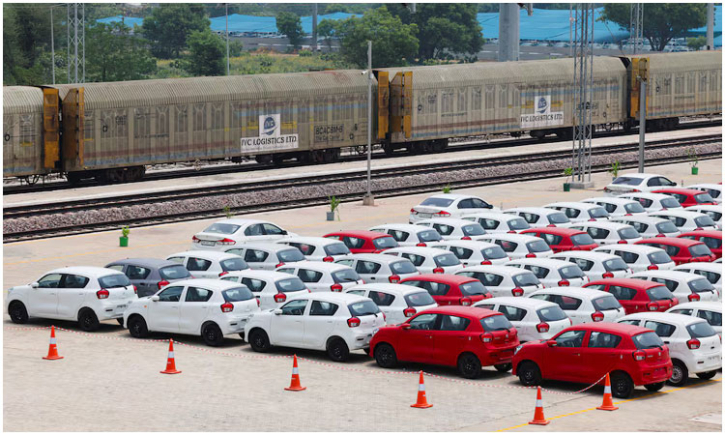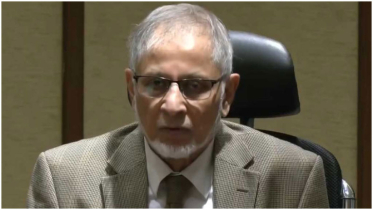India proposes slashing taxes on small cars as Modi reform spurs stock market

India aims to slash taxes on small cars and insurance premiums as part of a sweeping reform of its goods and services tax (GST), a government source said on Monday, as Prime Minister Narendra Modi's plan sparked a rally in stock markets.
Modi's administration revealed plans of the biggest tax overhaul since 2017 over the weekend, and consumer, auto and insurance companies are likely to emerge as the biggest winners when product prices drop from October, once the reform is approved.
The federal government has suggested lowering GST on small petrol and diesel cars to 18% from the current 28%, said the source who is directly involved in the matter. The GST on health and life insurance premiums may also be lowered to 5% or even zero from 18% currently, the same source said.
Indian markets climbed on Monday, with the benchmark Nifty index trading 1.3% higher, on course for its best day in three months. Auto stocks also rallied.
The tax cuts "would enhance affordability, boost consumption, and make essential and aspirational goods more accessible to a wider population," Mahesh Nandurkar, equity analyst at Jefferies said in a note.
"Maruti (Suzuki) should be the biggest beneficiary of this potential cut," he added.
Modi's deep tax cuts will strain government revenues but are winning praise from businesses and political pundits who say they will bolster his image in an ongoing trade fight with Washington.
Federal government officials over the weekend said New Delhi has proposed only two rates of taxation -- 5% and 18% -- under the revamped structure. The highest 28% slab will be abolished.
The new proposal however will impose a 40% tax on 5-7 "sin-goods" like tobacco products and luxury items.
The announcement will not be effective until the GST Council, which is chaired by the federal finance minister and has representatives from all states, gives a nod. A meeting is expected by October.
India's finance ministry did not reply to an e-mail seeking comment.
SHARES ZOOM
Sales of small cars, defined as those having engine capacity below 1200cc for petrol vehicles and 1500cc for diesel and not exceeding 4 metres in length, have slowed over the last few years as buyers switched to bigger, feature-rich SUVs.
Small cars made up a third of the 4.3 million passenger vehicles sold in the world's third-largest automobile market last fiscal year, down from nearly 50% pre-COVID, industry data showed.
The tax cut will be a big win for Maruti, whose market share has plunged to about 40% from over 50% in the last five years as sales of its small cars such as Alto, Dzire and Wagon-R dropped.
The segment makes up half of all cars sold by Maruti - majority-owned by Japan's Suzuki Motor. Carmakers Hyundai Motor India and Tata Motors also stand to gain.
Cars with higher engine capacity that currently attract 28% GST and an additional levy of up to 22% - resulting in total taxes of about 50% - may come under a new special rate of 40%, the source said.
The government source added that details are being firmed up to consider if any extra levies should be imposed over the 40% to keep the overall tax incidence for big cars the same at 43%-50%.
On the other hand insurance penetration in India continues to remain low, at 3.8% of GDP, in 2024, according to research firm Swiss Re Institute. The companies believe the lowering of GST will help boost sales of insurance products.
Shares of automakers such as Maruti, Mahindra & Mahindra, Hero MotoCorp, Bajaj Auto and Eicher Motors jumped 2%-8% in morning trade. Shares of insurance companies such as ICICI Prudential, SBI Life, and LIC jumped 2%-4%.
.png)




